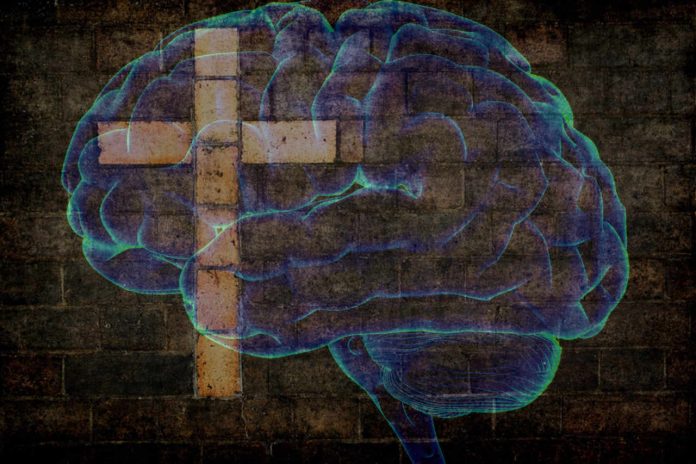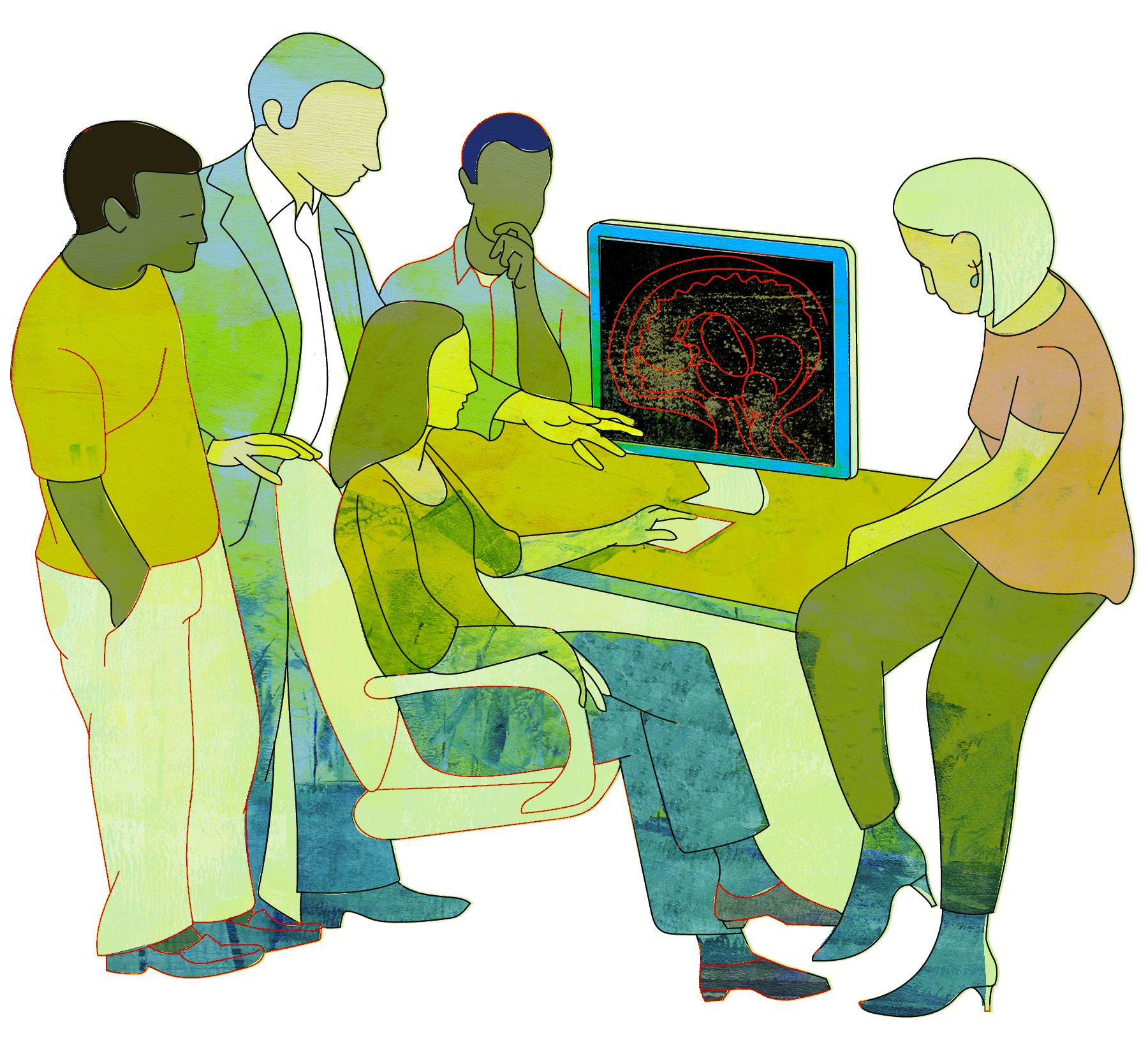

A team of neuroscientists studied Brooks’ brain while undergoing an MRI scan, to see how it reacted to images of Apple products and (heaven forbid) non-Apple products.Īccording to the neuroscientists, the scan revealed that there were marked differences in Brooks’ reactions to the different products. Riley contacted the editor of World of Apple, Alex Brooks, an Apple worshipper who claims to think about Apple 24 hours a day, which is possibly 23 hours too many for most regular people. This religious-like fervor got Riley thinking – he decided to take a closer look at the inside of the head of an Apple fanatic to see what on earth was going on in there.

Footage of the opening of the Cupertino company’s Covent Garden store in central London last year showed hordes of Apple devotees lining up outside overnight, while the staff whipped up customers (and themselves) into something of an evangelical frenzy. He wanted to discover what it is about the company that makes people so emotional. In the first episode, presenter Alex Riley decided to take a look at Apple. The program, Secrets of the Superbrands, looks at why technology megabrands such as Apple, Facebook and Twitter have become so popular and such a big part of many people’s lives.

#Thebrain and religion tv
People have often talked about “the cult of Apple”, and if a recent BBC TV documentary is to be believed, there could be something in it. The presentations will be held in Samuelson Chapel near the corner of Olsen Road and Campus Drive. Clark had requested that the lectures address his dual interests of science and philosophy.
#Thebrain and religion free
Newberg has appeared on “Good Morning America” and “Nightline.” The free lectures are part of the 23rd annual Harold Stoner Clark Lecture Series, endowed by the late university supporter and sponsored by CLU’s Philosophy Department. He wrote “Born to Believe: God, Science, and the Origin of Ordinary and Extraordinary Beliefs” and co-authored “Why God Won’t Go Away: Brain Science and the Biology of Belief” and “The Mystical Mind: Probing the Biology of Belief.” The latter book received the 2000 award for Outstanding Books in Theology and the Natural Sciences presented by the Center for Theology and the Natural Sciences. Newberg, a physician at the Hospital of the University of Pennsylvania, has extensively studied the mind/body connection and much of his research has focused on the relationship between brain function and various mystical and religious experiences. For instance, why do people continue to be fascinated by God, religion, haunted houses, UFOs, conspiracy theories and miracle cures when science can dispute many of these claims? This presentation will focus on a broad array of beliefs from the mundane to the mystical and will describe the results of groundbreaking brain-imaging studies that show how specific experiences such as prayer or speaking in tongues can result in profound and compelling beliefs. At 4 p.m., Newberg will discuss “Why We Believe What We Believe.” The researcher will examine where beliefs come from and why people hold on to some of them even if there is evidence to the contrary. Why would the forces of natural selection, which gave the human brain its powers of logical observation and rational analysis, allow that very same organ to place such fundamental hope and trust in strange myths? While neuroscience cannot confirm nor dispute the existence of God, it can help us understand why God will not go away. Two hundred years later, the concept of God and the primal stories of religion remain and appear to be gaining in strength in many instances. The intellectual elite at the end of the 18th century assumed that religion would vanish soon. Andrew Newberg, director of the University of Pennsylvania Center for Spirituality and the Mind, will present “Why God Won’t Go Away” at 10 a.m.

27, 2008) A doctor will discuss the relationship between the brain and religion at California Lutheran University on Monday, Nov.


 0 kommentar(er)
0 kommentar(er)
